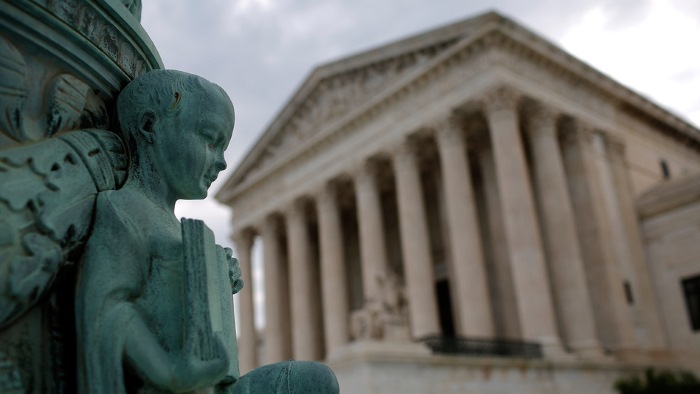In a pivotal Supreme Court case scheduled for Wednesday, what initially seemed like a dispute over a government fee imposed on commercial fishermen has taken a surprising turn. The case, known as Loper Bright Enterprises v. Raimondo, is gaining attention for its hidden conservative backer, none other than petrochemicals billionaire Charles Koch.
Fishermen’s Grievances and Koch’s Influence
The heart of the matter lies in a group of commercial fishermen opposing what they consider an unreasonable monitoring fee. Behind the scenes, legal architects tied to Americans for Prosperity, funded by Charles Koch, are steering the case discreetly. This revelation adds a layer of complexity to what appeared to be a straightforward disagreement over fishing fees.
Broader Implications Beyond Fisheries
Legal experts assert that, according to a NY Times report, the case holds far-reaching implications beyond the fishing industry. A positive outcome for fishermen may eliminate the contested monitoring fee and curtail federal agencies, enhancing their autonomy and rights. Sectors ranging from healthcare and finance to telecommunications could see a reduction in regulatory authority.
A Stealthy Agenda to Dismantle Federal Regulation
Jody Freeman, founder of the Harvard Law School Environmental and Energy Law Program, underscores the broader agenda at play. While the case may seem innocuous, Freeman argues that it is connected to a larger effort to disable and dismantle federal regulation. The legal battle becomes a focal point in the ongoing struggle between proponents of regulation and those seeking its reduction.
Transparency Concerns Surrounding Legal Advocates
The legal team representing the fishermen operates under Cause of Action, a public-interest law firm that discloses no donors and reports having no employees. Critics point to transparency concerns as court records reveal ties to Americans for Prosperity. This raises questions about the influence of wealthy backers in shaping legal challenges and the transparency of the legal process.
Challenging the Chevron Deference Doctrine
At the heart of the case is the challenge to the Chevron deference doctrine, according to the Wall Street Journal report. This doctrine empowers federal agencies to interpret laws passed by Congress. Legal experts contend that weakening or abolishing this doctrine could have far-reaching implications. It may restrict the authority of federal agencies in diverse sectors.
The Conservative Strategy
With a rightward shift in the Supreme Court, conservative groups see an opportunity to reshape federal power. The strategy involves carefully selecting cases to present before sympathetic judges. This is supported by financial backing, legal expertise, and a judiciary open to strategic legal arguments.
From Fishing Fees to Hidden Connections
As the legal battle unfolds, what initially seemed like a straightforward dispute over fishing fees has evolved into a complex saga. Hidden connections and political motivations are emerging, prompting crucial questions about the influence of affluent supporters in shaping legal challenges. This has potential consequences for federal regulations.

